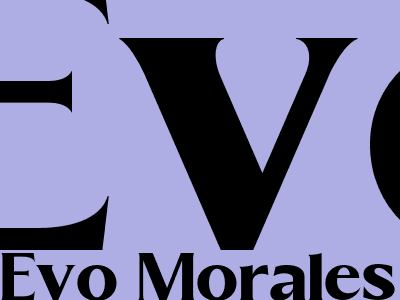Evo Morales: From Indigenous Leader to Political Symbol
Early Life and Activism
Evo Morales was born in 1959 in the small village of Isallavi, Bolivia. He grew up in a poor Aymara indigenous family, and his experiences there shaped his political views. Morales became involved in activism during the 1970s, fighting for the rights of indigenous peoples in Bolivia.
In 1995, Morales co-founded the Movement for Socialism (MAS), a political party that represented the interests of indigenous peoples, workers, and farmers. MAS quickly gained popularity, and Morales was elected to the Bolivian Congress in 1997.
Presidency
Morales was elected president of Bolivia in 2005, becoming the first indigenous president in the country's history. During his presidency, he implemented a number of policies aimed at reducing poverty and inequality. He also nationalized several key industries, including oil and gas.
Morales' presidency was marked by both successes and controversies. He oversaw a period of economic growth and reduced poverty rates, but he was also criticized for his authoritarian tendencies and his close ties to Venezuela's socialist government.
Post-Presidency
Morales resigned from the presidency in 2019 after losing a controversial election. He went into exile in Mexico and later Argentina. In 2020, he returned to Bolivia and was elected to the Senate.
Morales remains a controversial figure in Bolivian politics. He is admired by many for his work on behalf of indigenous peoples, but he is also criticized for his authoritarian tendencies and his close ties to Venezuela. His legacy will likely be debated for years to come.

Komentar